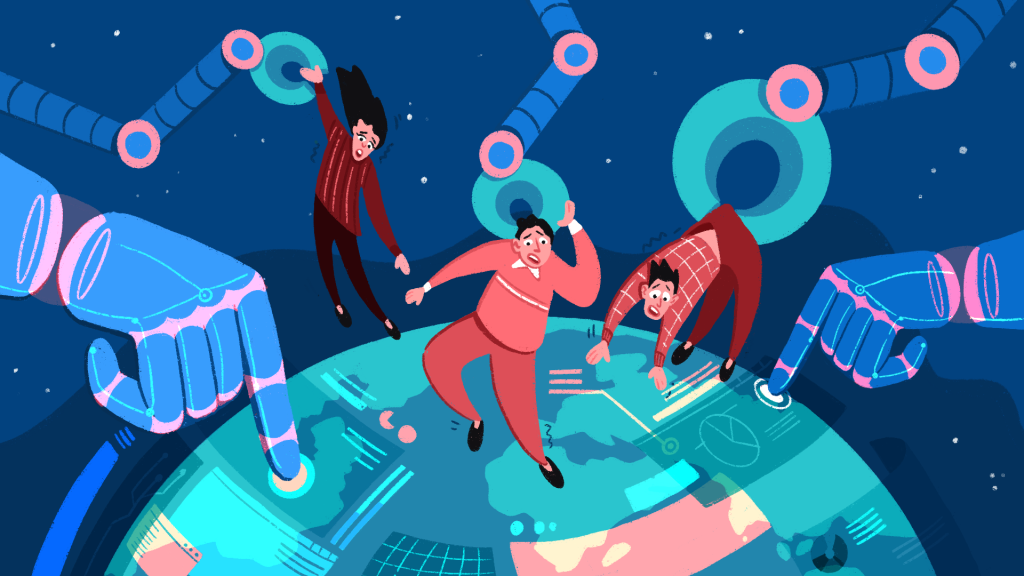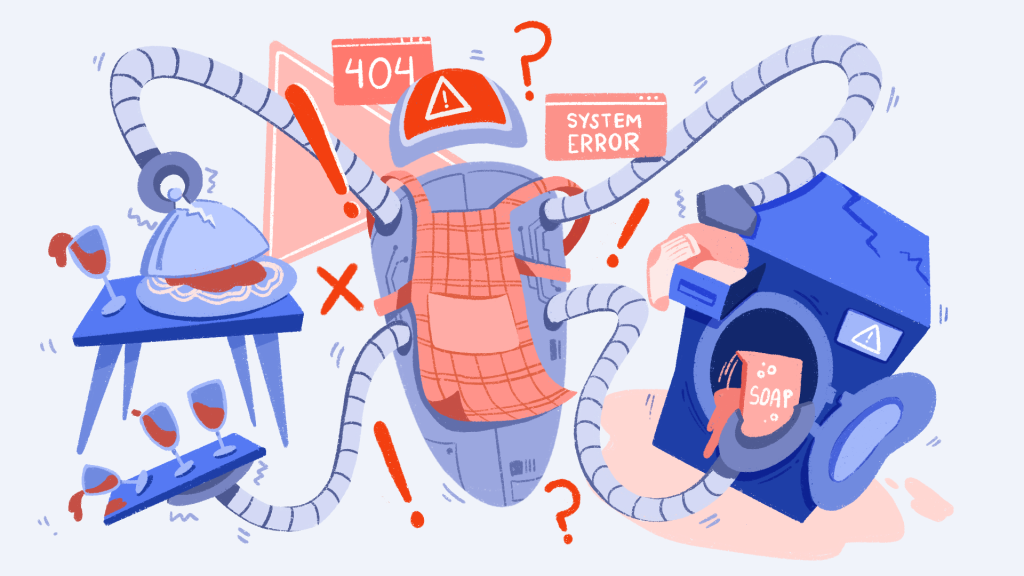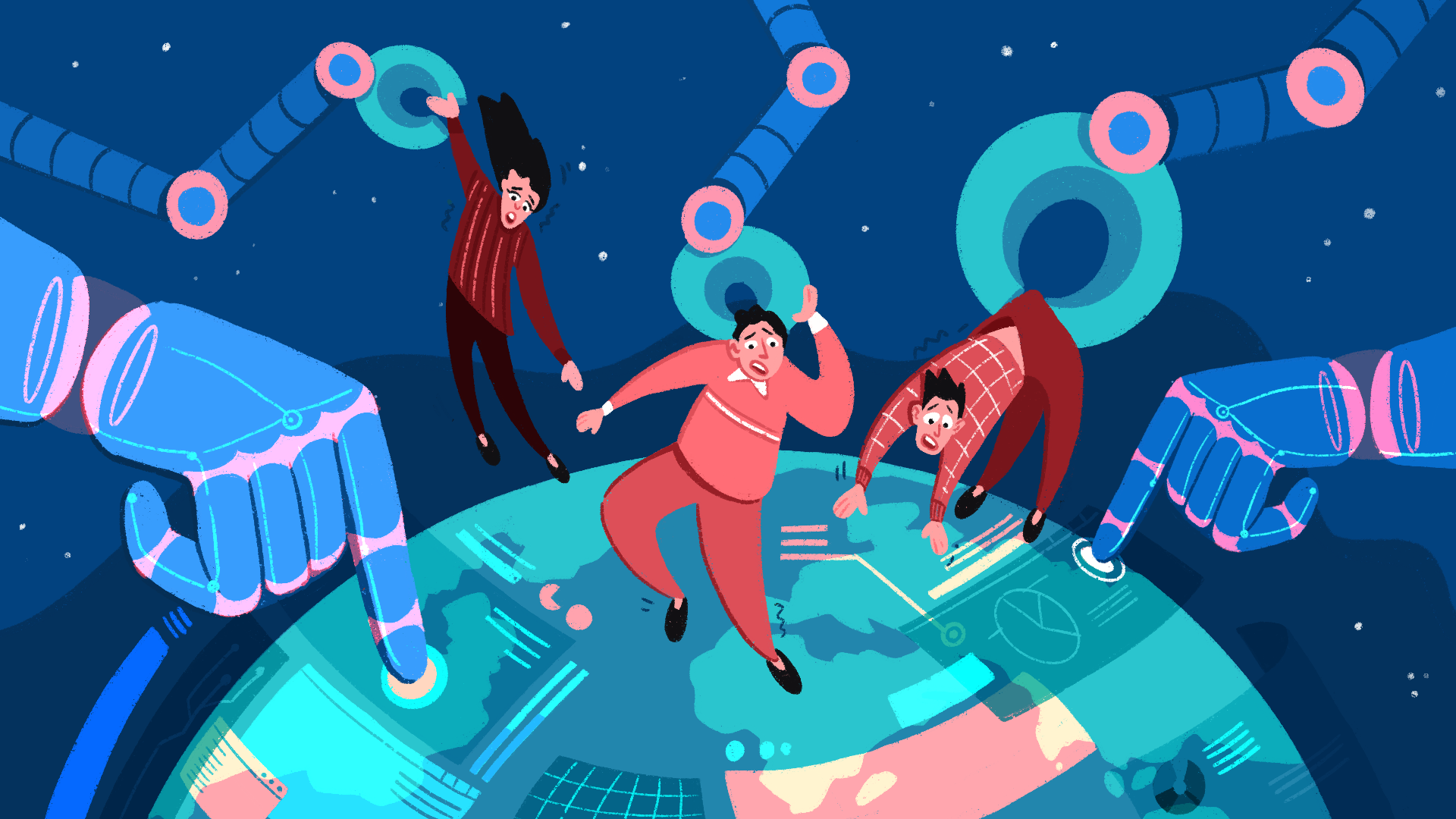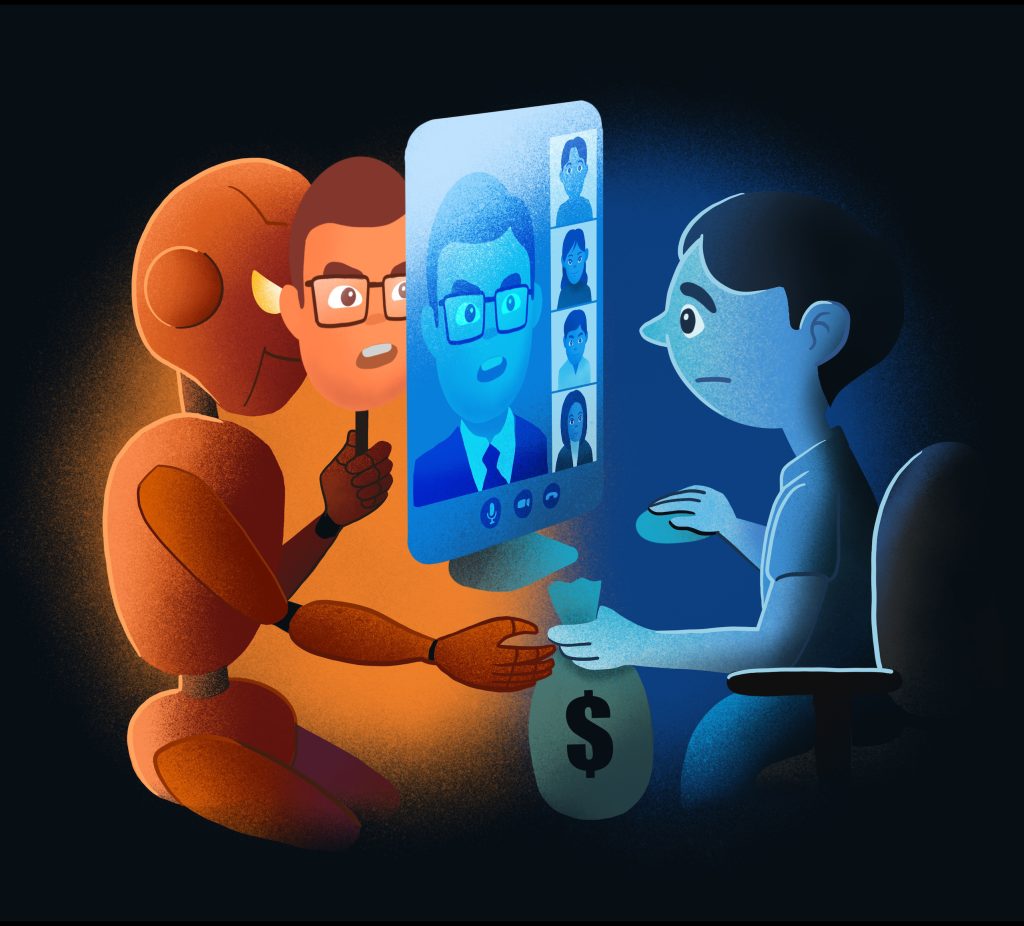It can be tough separating fact from (science) fiction when it comes to AI. SpudnikLab sorts through the chaff.
Myth 1: AI will secretly develop on its own to become invincible.

This belief has likely been fed by science fiction, and is based on the assumption that artificial intelligence is capable of developing consciousness to make a choice to grow its own intelligence until it can overpower humans.
It is not possible for artificial intelligence to develop consciousness. AI programs cannot develop beyond the algorithms (the set of instructions for their problem-solving operations) of their computer code.
Myth 2: AI powered robots can now help us do everyday household chores like set the table or do the laundry.

Unfortunately, not yet! Doing such tasks is very simple for humans but extremely difficult for robots because the software has difficulty with so many variables and even subtle changes in their environment can throw them off.
Myth 3: We will soon be able to get artificial intelligence to work exactly like the human brain

AI algorithms (instructions for problem-solving) are just a set of commands for the computer. The workings of the human brain’s cognitive processes are far more complex that the relatively simple commands of computer algorithms.
Also, due to the many unknown variables involved, it would be very difficult to reproduce a human brain in software form. The human brain is not completely understood even by neuroscientists and many aspects of our brains’ functions are still a mystery to experts.
Myth 4: AI is superior because it can surpass human intelligence in all areas
Artificial intelligence is certainly able to do some tasks faster or more efficiently than humans, such as processing vast amounts of data. However, human intelligence comprises much more than the ability to process data. For instance, the ability to make judgements based on data and information, and to take into account ethical considerations in decision-making.
Human intelligence also encompasses physical, dynamic intelligence. Playing a game of basketball for example, would be extremely challenging, if not impossible, for an AI-powered machine at this point, due to the many unpredictable factors in the environment which are constantly changing, such as the players’ and ball’s movements.
Myth 5: AI is superior because it is free of human bias
While it might be reassuring to think so, artificial intelligence in fact does not always take an objective or balanced stance. AI algorithms are trained on vast amounts of data, as well as content from popular culture such as movies, books and social media posts. Most of this data and content has been created by humans, so the personal or societal biases of the human creators will inevitably be present in this training material. Such biases will be reflected in the results of the AI algorithms, for example when AI tools exhibit bias against particular groups of people or demographics. It would be vital for us to be aware of this in instances when AI programs are used to make decisions which determine which individuals receive benefits, such as health insurance payouts, subsidies, scholarships, bursaries or other privileges, because these decisions might be tainted by AI’s biases.
Illustrations for SpudnikLab by Ladyfingers



